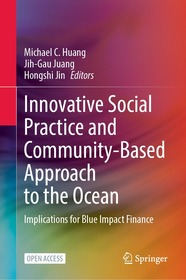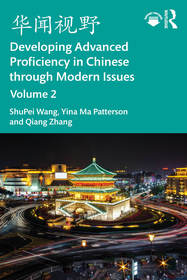
Migration, Recognition and Critical Theory
Sorozatcím: Studies in Global Justice; 21;
-
20% KEDVEZMÉNY?
- A kedvezmény csak az 'Értesítés a kedvenc témákról' hírlevelünk címzettjeinek rendeléseire érvényes.
- Kiadói listaár EUR 160.49
-
66 563 Ft (63 393 Ft + 5% áfa)
Az ár azért becsült, mert a rendelés pillanatában nem lehet pontosan tudni, hogy a beérkezéskor milyen lesz a forint árfolyama az adott termék eredeti devizájához képest. Ha a forint romlana, kissé többet, ha javulna, kissé kevesebbet kell majd fizetnie.
- Kedvezmény(ek) 20% (cc. 13 313 Ft off)
- Kedvezményes ár 53 250 Ft (50 714 Ft + 5% áfa)
Iratkozzon fel most és részesüljön kedvezőbb árainkból!
Feliratkozom
66 563 Ft

Beszerezhetőség
Megrendelésre a kiadó utánnyomja a könyvet. Rendelhető, de a szokásosnál kicsit lassabban érkezik meg.
Why don't you give exact delivery time?
A beszerzés időigényét az eddigi tapasztalatokra alapozva adjuk meg. Azért becsült, mert a terméket külföldről hozzuk be, így a kiadó kiszolgálásának pillanatnyi gyorsaságától is függ. A megadottnál gyorsabb és lassabb szállítás is elképzelhető, de mindent megteszünk, hogy Ön a lehető leghamarabb jusson hozzá a termékhez.
A termék adatai:
- Kiadás sorszáma 1st ed. 2021
- Kiadó Springer International Publishing
- Megjelenés dátuma 2021. július 8.
- Kötetek száma 1 pieces, Book
- ISBN 9783030727314
- Kötéstípus Keménykötés
- Terjedelem331 oldal
- Méret 235x155 mm
- Súly 682 g
- Nyelv angol
- Illusztrációk XI, 331 p. 1 illus. Illustrations, black & white 177
Kategóriák
Hosszú leírás:
"
This book brings together philosophical, social-theoretical and empirically oriented contributions on the philosophical and socio-theoretical debate on migration and integration, using the instruments of recognition as a normative and social-scientific category. Furthermore, the theoretical and practical implications of recognition theory are reflected through the case of migration. Migration movements, refugees and the associated tensions are phenomena that have become the focus of scientific, political and public debate in recent years. Migrants, in particular refugees, face many injustices and are especially vulnerable, but the right-wing political discourse presents them as threats to social order and stability. This book shows what a critical theory of recognition can contribute to the debate. The book is suitable for researchers in philosophy, social theory and migration research.
""A profound examination of how states and societies struggle to recognize migrants as fellow human beings in all their fullness. The contributions are exceptional for combining astute philosophy and social theory with a discussion of actual politics and real lives.""
Dr. Hugo Slim
(Senior Research Fellow at the Blavatnik School of Government, University of Oxford and formerly Head of Policy at the International Committee of the Red Cross)
“This impressive and timely volume offers an innovative way of understanding the issues of migration and integration by using a critical theory of recognition. Recognition theory has rich potential for effectively responding to the issues of autonomy, identity, integration, and empowerment that are at the core of the current public debates on mass migration, displacement, and the refugee crisis. By examining the normative and policy implications of recognition as they apply to migration, the book offers a pathbreaking look at the human dimension of the debate.”
Dr. Helle Porsdam
(Professor of Law and Humanities and UNESCO Chair in Cultural Rights University of Copenhagen)
Tartalomjegyzék:


Sous Vide Cookbook for Beginners: A Beginner's Guide To Effortless Perfect Low-Temperature Meals Every Time For Family & Friends
13 004 Ft
11 963 Ft











